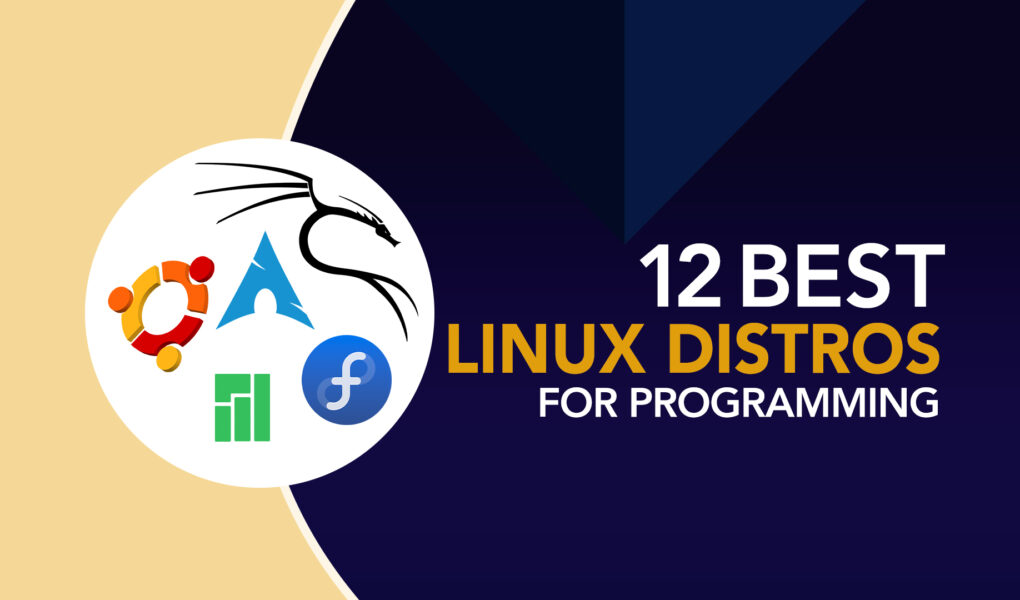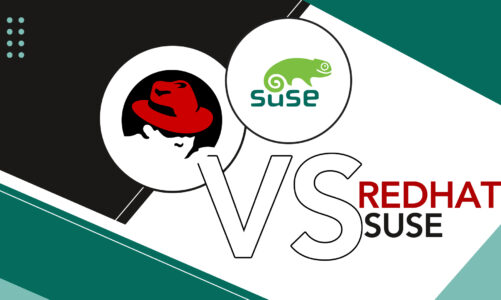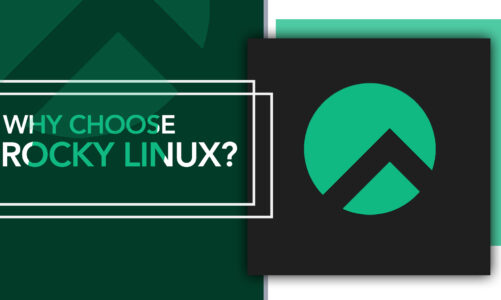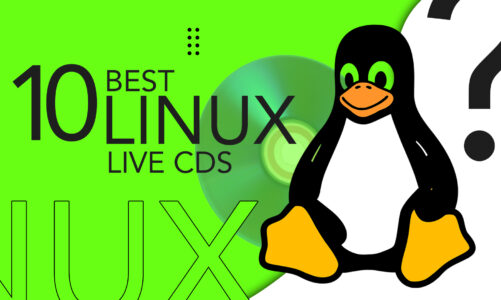Numerous programmers and developers worldwide prefer to use Linux as their operating system. With its open-source nature, customizable environment, and powerful command-line interface, Linux provides developers with the tools they need to build software applications quickly and efficiently. Selecting the appropriate Linux distribution that suits your programming requirements can be difficult due to the abundance of options available.
To help you save time and concentrate on programming, we have compiled a list of the top 12 Linux distros that you can consider. Each one has their own benefit and might have potential drawbacks too, but they are all the preferred choices for programmers. Here we go to the list with a brief overview of each.
1: Fedora
Fedora is an innovative Linux distribution that comes in several editions, including the Fedora workstation designed specifically for developers. It is known for its stability, compatibility with most hardware, and commitment to open-source components.
Fedora’s community provides quick support through forums, and as Red Hat backs Fedora, it is reliable during the development process. The default desktop environment is GNOME, but it also takes in various desktops such as KDE Plasma, LXQT, MATE, and many more.
Fedora’s latest version, Fedora 37, is the perfect option for personal computers, offering useful features, security, and bug fixes with each minor release.
2: Ubuntu
Ubuntu is the most popular and user-friendly Linux distro for programming and development, known for its versatility and extensive community support. It is a Debian-based distro that offers multiple flavors with different desktop environments and features to meet diverse needs.
With its powerful package management system and compatibility with a wide range of hardware and software, Ubuntu is an ideal choice for developers who need to work with multiple platforms.
3: Manjaro
Manjaro is a user-friendly, open-source Linux distribution that provides a simpler version of Arch Linux. It offers a variety of desktop environments and is ideal for beginners transitioning from Windows to Linux. Manjaro’s easy-to-use graphical installer makes the installation process manageable, and its rolling release model ensures that the operating system is always up-to-date without requiring a complete reinstallation.
4: Arch Linux
Arch Linux is a minimalistic and lightweight open-source distribution, popular among Linux enthusiasts who want complete control and optimization options over their system. Its model for software updates is based on rolling releases, which guarantees continuous access to the most recent updates. Arch Linux’s default install is minimal, allowing users to build their customized environment based on their specific needs, making it a great option for programmers.
5: Puppy Linux
Puppy Linux is an ultra-lightweight distro that has separate Ubuntu and Slackware editions. It runs entirely in RAM, which makes it extremely fast and responsive, and can also be anchored to a hard disk. Despite its small size, Puppy Linux offers out-of-the-box functionality with pre-installed apps and utilities for all desktop functions.
6: openSUSE
openSUSE is a professional and stable Linux distro designed for programming. It offers two versions, Leap and Tumbleweed, and markets itself specifically as a distro for developers.
Developed by the openSUSE project community, it contains over 1,000 open-source utilities and tools, including YaST, openQA, KIWI, Snapper, and Open Build Service. Its community-driven nature ensures timely and up-to-date development, making it a strong competitor to Ubuntu.
7: Solus OS
Solus OS is a great Linux distro for programming, featuring the Budgie desktop environment and a clean interface. It comes with a variety of programming tools, such as Git and various editors, and supports several programming languages, including Go, Rust, PHP, Node.js, and Ruby. Solus follows a curated rolling release model, making updates easy without compromising system stability.
8: Kali Linux
While primarily designed for cybersecurity experts and ethical hackers, Kali Linux also serves as an excellent Linux distro for programmers looking to work on security-related projects or software development in a customizable and secure environment.
9: CentOS Stream
CentOS Stream is a community-based variant of RHEL that serves as a testbed for enterprise-class software at no cost. With its rolling-release model, developers have access to the latest open-source technologies, while ensuring the stability of a well-tested platform. It’s considered a “developer-forward” distro and an upstream development platform, offering a vast repository of tools and apps through its active community support.
10: Pop!_OS
Pop!_OS is an Ubuntu-based Linux distribution developed by System76, a US-based Linux hardware manufacturer, and optimized for developers, makers, and computer science professionals. It offers native support for numerous programming languages and tools, a keyboard-driven tiling window manager, advanced window management, shortcuts, and workspaces to enhance the user experience.
11: Raspberry Pi OS
Raspberry Pi OS is an excellent Linux distro for embedded systems programming. It comes preloaded with many programming tools such as BlueJ, Greenfoot, Mathematica, Python, Scratch, and more, making it ideal for beginners. Additionally, Raspberry Pi OS is highly optimized for the ARM CPUs with Raspberry Pi and has LXDE as the default desktop environment, which includes Openbox and other great themes.
12: elementaryOS
ElementaryOS is a Linux distribution that seamlessly combines a modern, elegant interface with a focus on programming. Its pre-installed development tools and libraries make it an excellent choice for anyone looking to get serious about programming, while its stability and reliability ensure a smooth experience.
Conclusion
Linux has become the go-to operating system for programmers worldwide, owing to its robustness, security, and customizability. However, choosing the right Linux distribution for programming is crucial for developers to have a smooth and efficient workflow. With the list of the 12 best Linux distros for programming, you can easily select the one that best suits your requirements. Try out and see how it goes!



